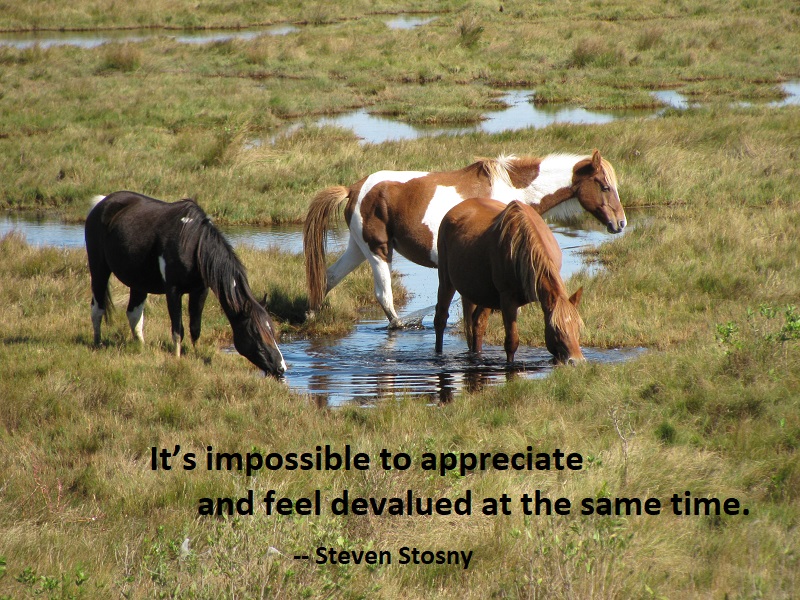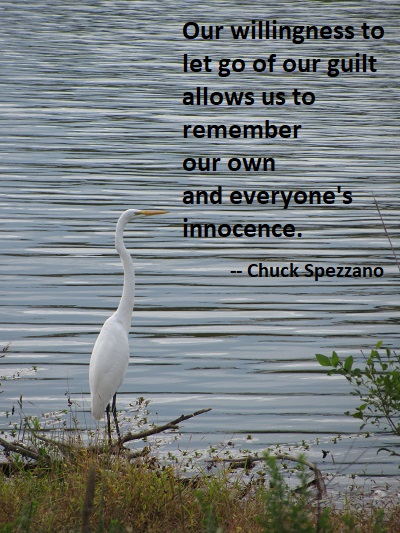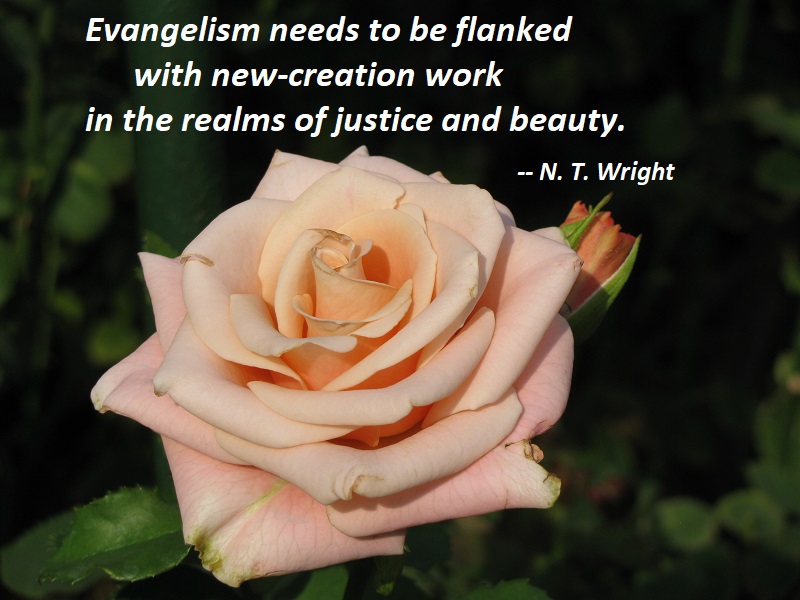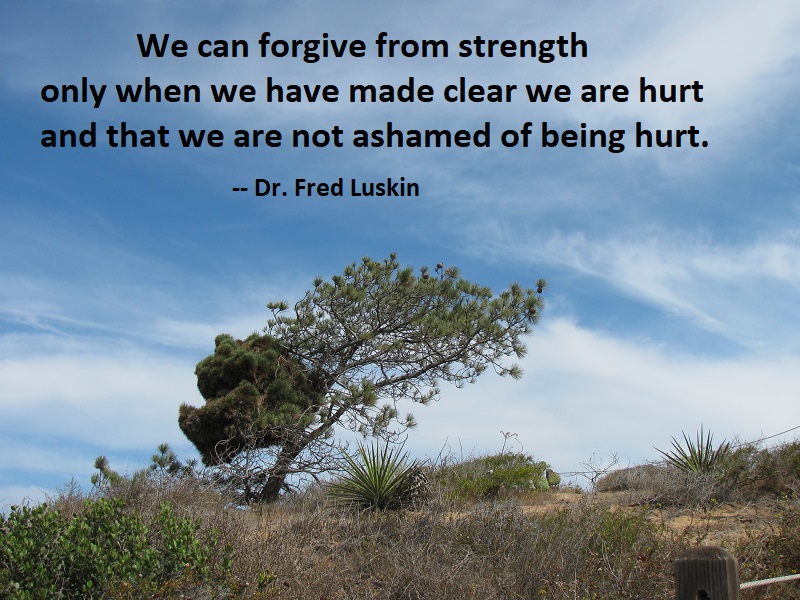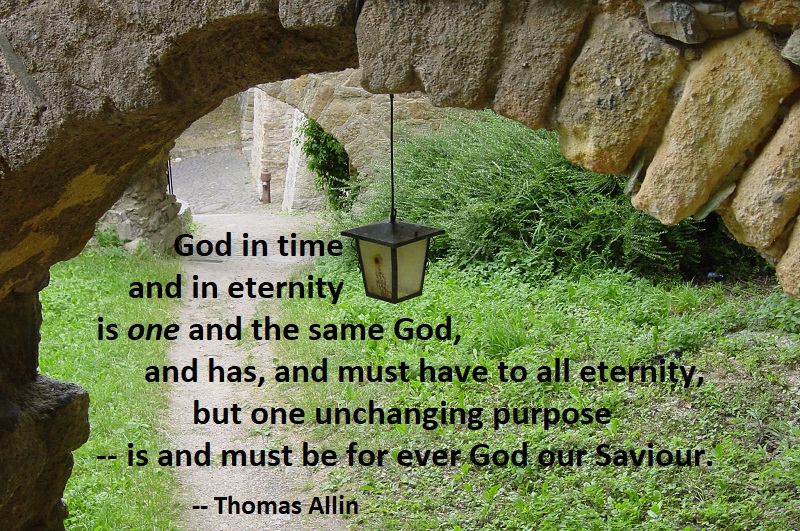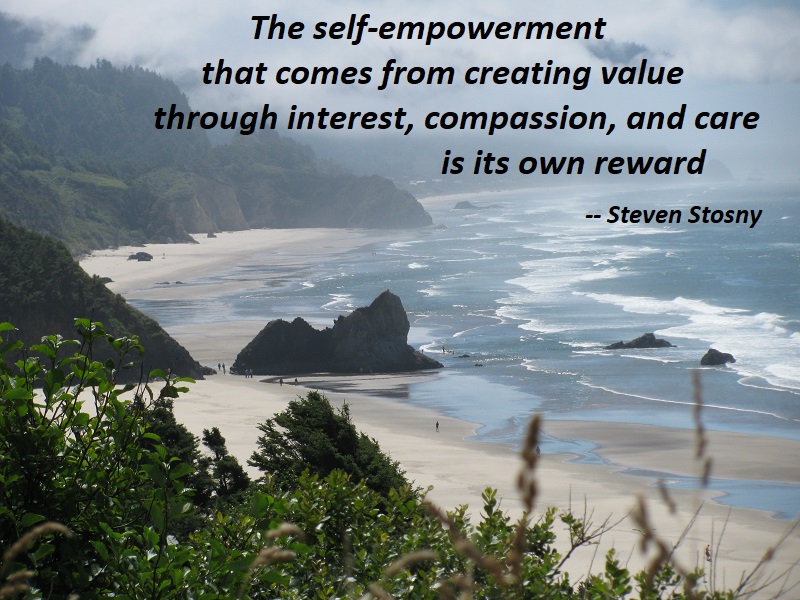
You cannot criticize, stonewall, nag, manipulate, coerce, or threaten someone into genuinely valuing you. More important, you cannot feel valuable while exerting power over loved ones.
The secret of Power Love lies not in exerting power but in creating value, through interest, compassion, and care.
The self-empowerment that comes from creating value through interest, compassion, and care is its own reward, yet it comes with a significant bonus. The more value we create, the more cooperation and mutuality of giving we are likely to experience in love relationships.
You’ve probably heard the saying: “Living well is the best revenge.” Living well actually means creating more value in your life. Creating more value in your life in general and in your love relationship in particular is the surest way to become the partner you most want to be.
— Steven Stosny, Empowered Love, p. 176
[Photo: Oregon Coast, August 6, 2014]
